

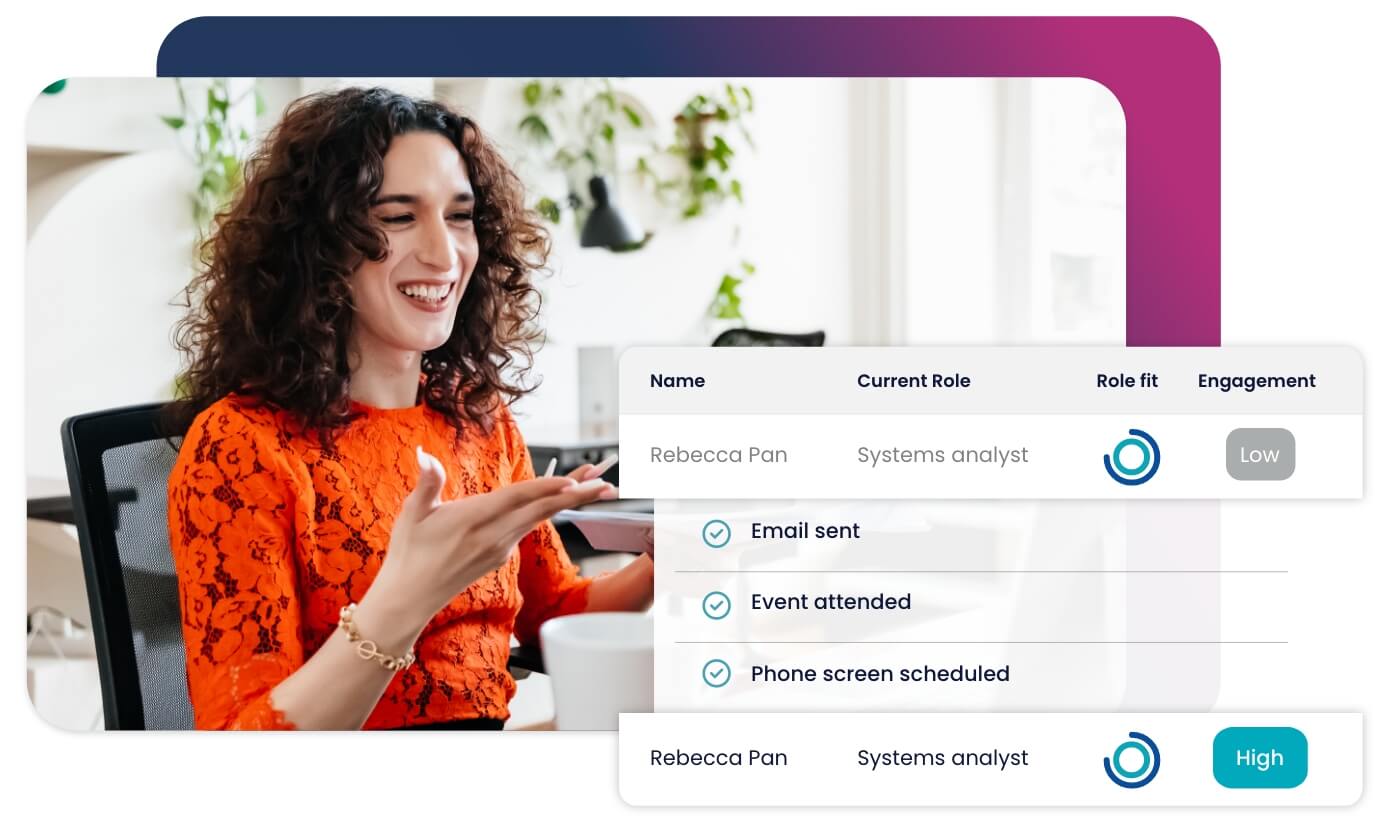
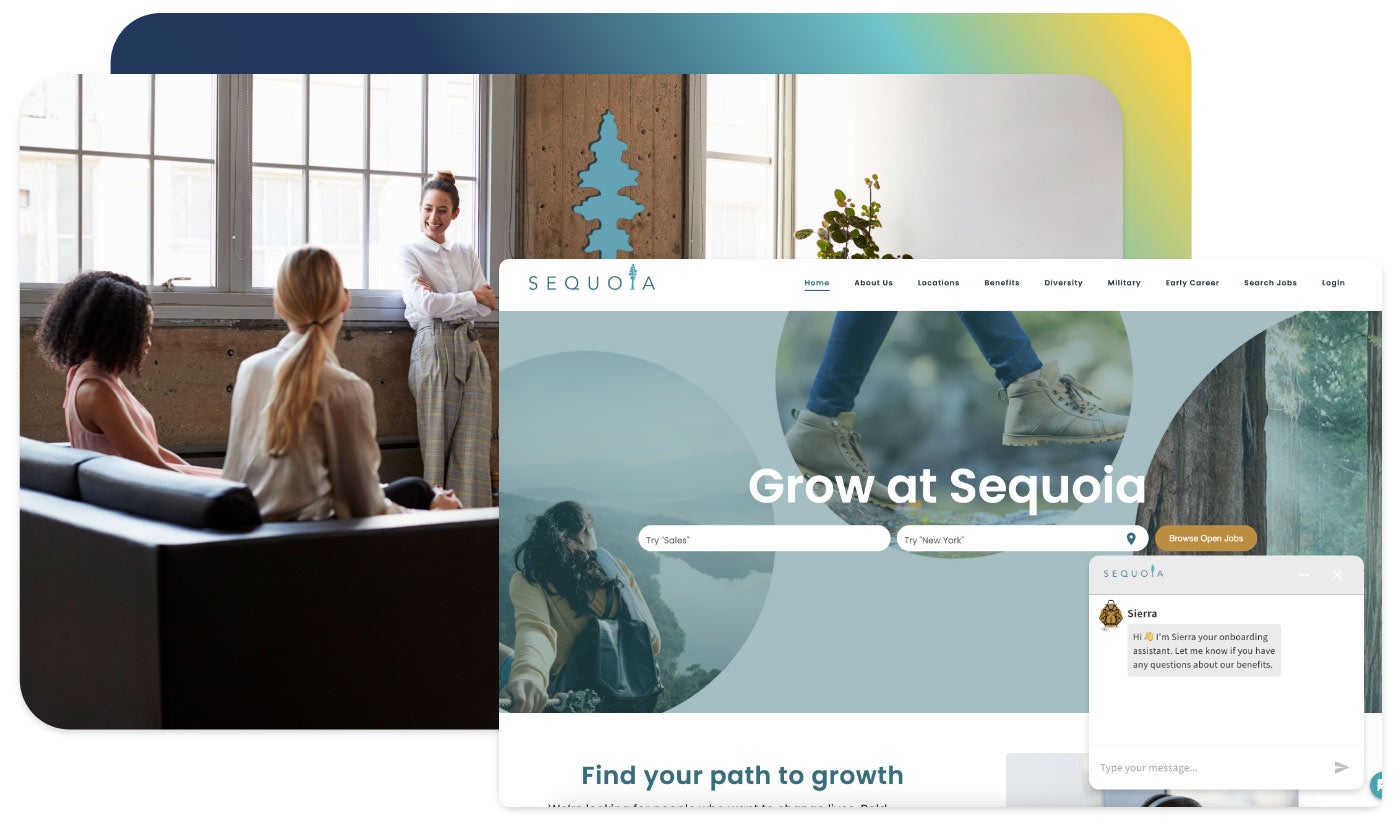


Accelerate hiring key talent to deliver care and exceed patient satisfaction.

Attract skilled candidates, speed up hiring and grow expertise in your workforce.

Simplify recruiting finance and banking talent with a platform for hard-to-fill roles.


Build a talent pipeline that engages and drives your business forward.


See how diverse and global enterprises use iCIMS to employ millions, drive innovation and connect communities worldwide.

Uncover unique market insights, explore best practices and gain access to talent experts across our library of content.


View press releases, media coverage, the latest hiring data and see what analysts are saying about iCIMS.

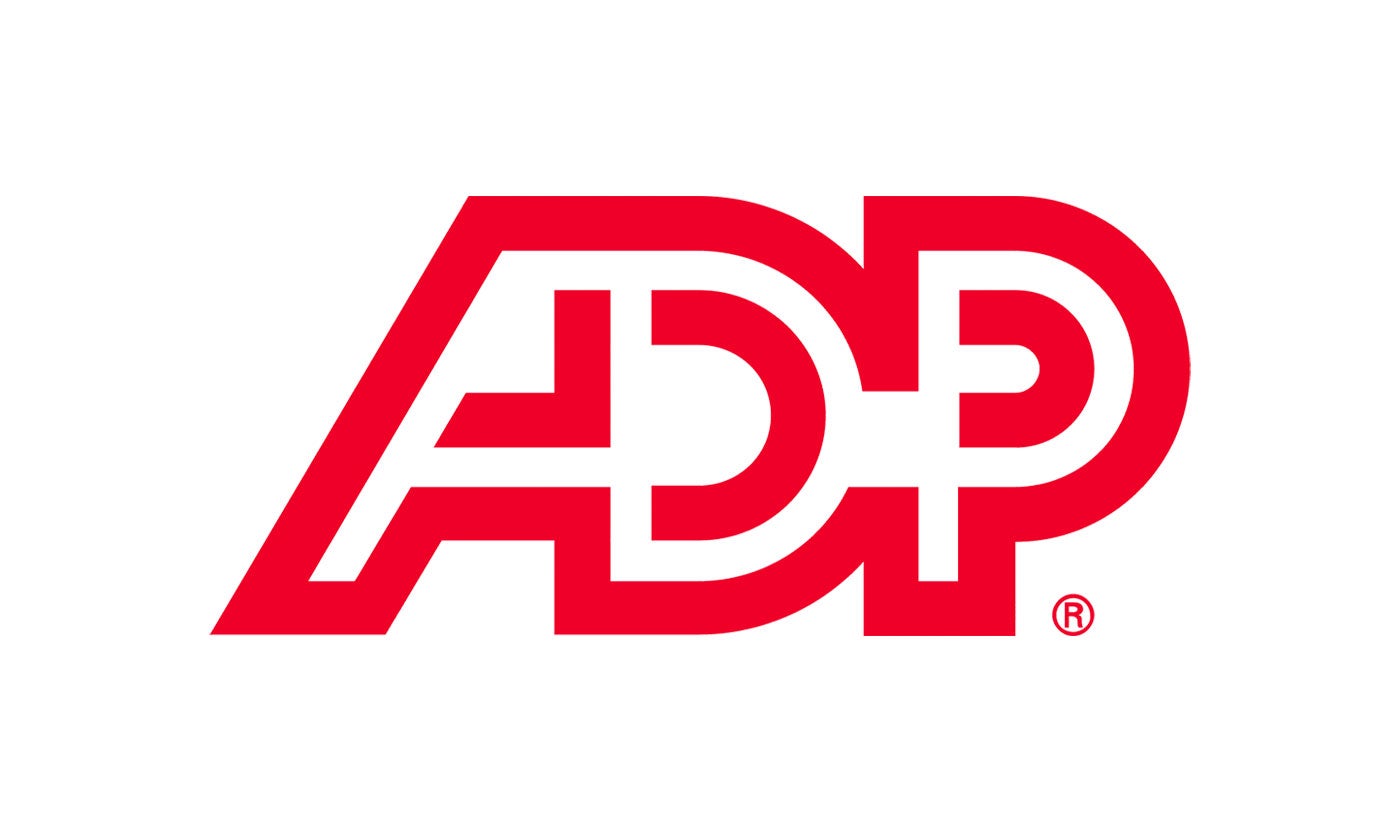
Streamline your tech stack and take advantage of a better user experience and stronger data governance with ADP and iCIMS.
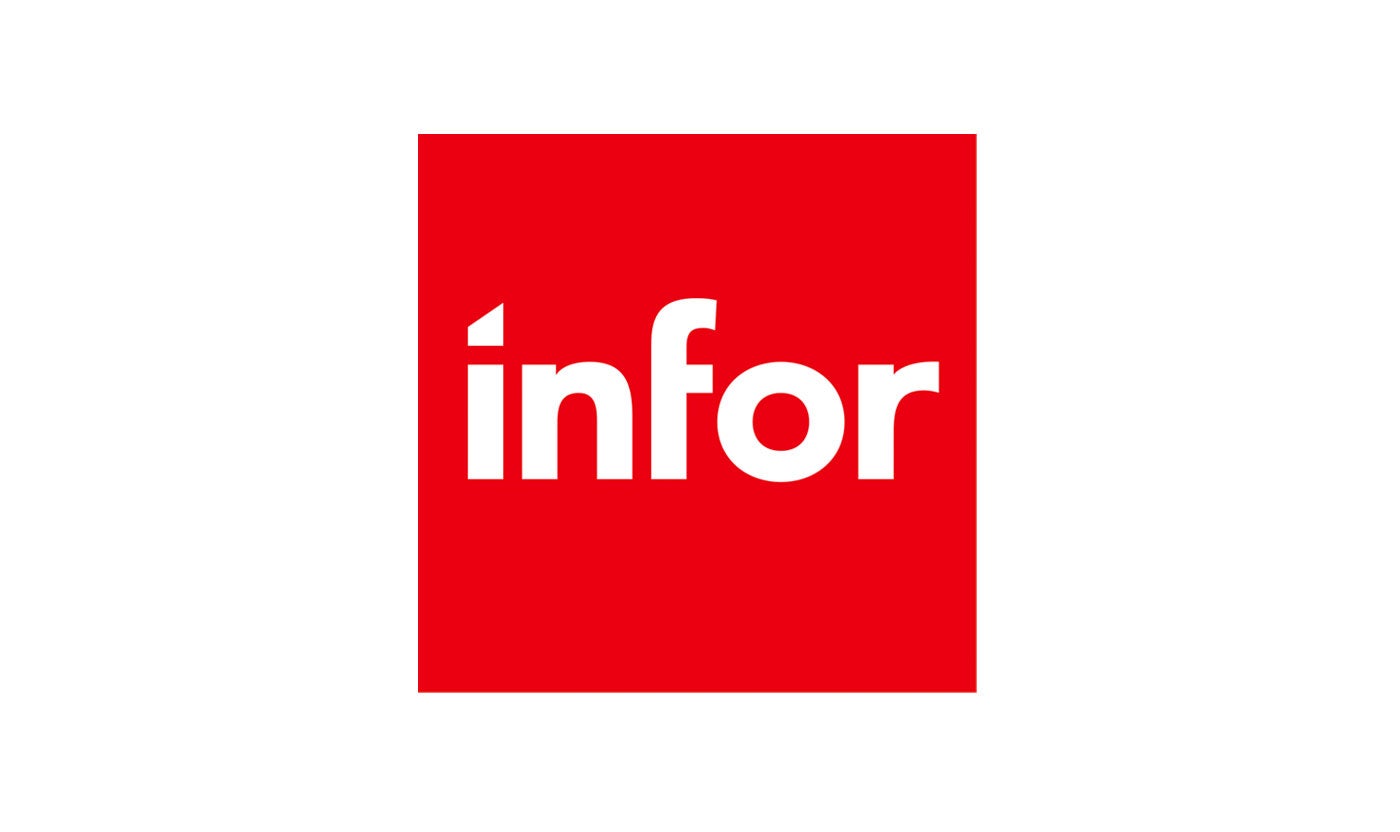
The combined power of iCIMS and Infor helps organizations strategically align their business and talent objectives.

Our award-winning partnership with Microsoft is grounded in a shared desire to transform the workplace and the hiring team experience.
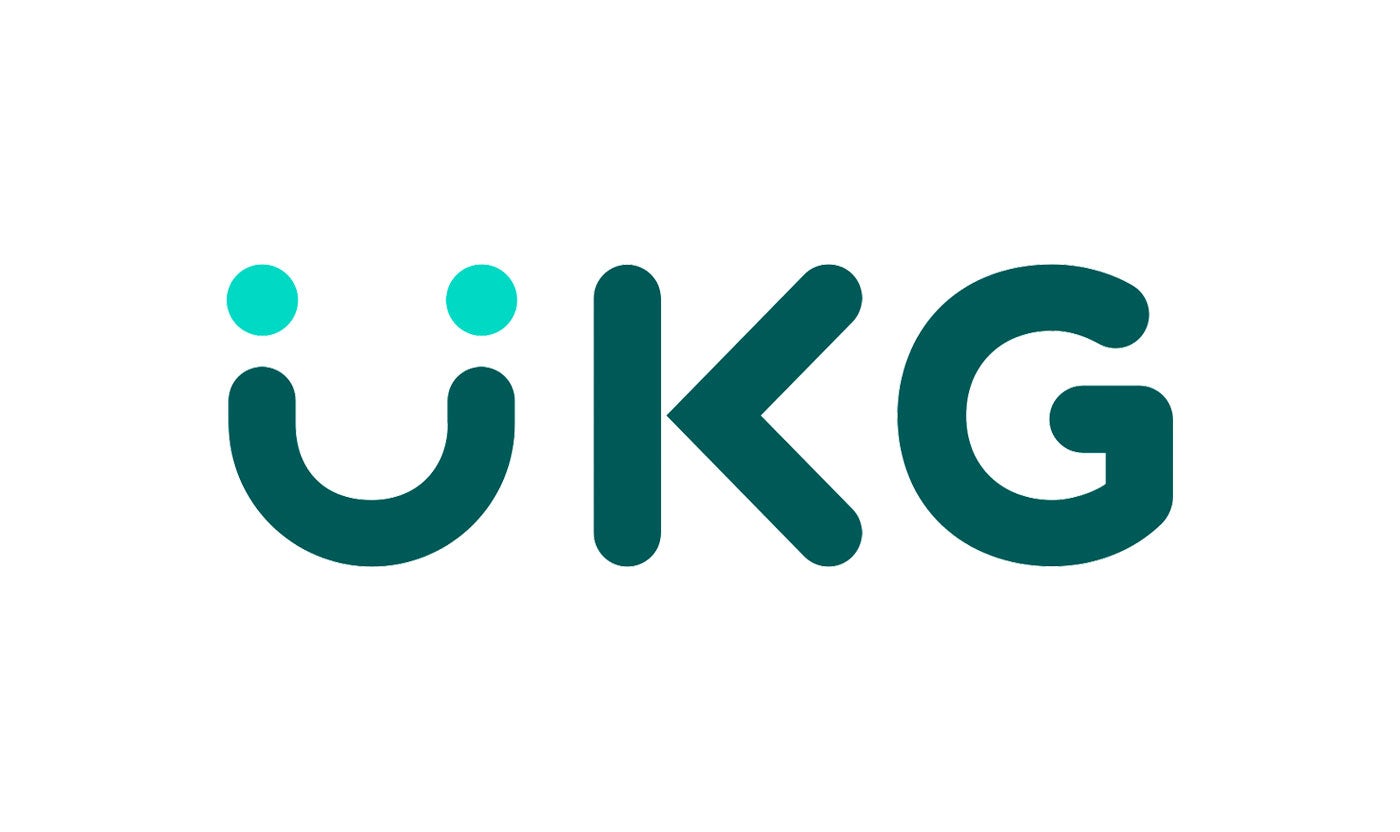
Our partnership with Ultimate Kronos Group (UKG) supports the entire talent lifecycle by bringing frictionless recruiting solutions to UKG Pro Onboarding.

Maria is a real estate agent. Or rather she was until recently when her inventory dried up as homeowners looking to sell decided to wait out the health crisis. With no clear end in sight, Maria decided to take the skills she had homed in real estate – interpersonal communication, negotiating tense situations with grace – and apply them to an opening in the customer support department of a medical company.
The recruiter that hired Maria was open to hiring outside a typical pool of customer service reps because she was looking specifically for a skillset versus experience and education. Maria is friendly, a good communicator, knowledgeable about communication programs, and great at multitasking – all skills that served her well as a real estate agent. Better still, they’re transferable – even across industries.
As furloughs and layoffs continue, many more Americans will find themselves forced to look for work outside their industry and will face more competition. For the recruiter, the influx of candidates dramatically complicates the sourcing process because the best candidate for the job might be coming from a different industry.
To help recruiters learn how to manage a high volume of applicants with mixed skills and experience, I interviewed two of my colleagues at iCIMS: Amy Warner, Director of Talent Acquisition, and Nicole Tucker, Associate Manager of Talent Acquisition. Together, they have 33 years of experience in TA and have seen the market flux in every direction.
Here’s a summary of their advice on how to source skills with recruiting software.
1. What are some of the most important transferable skills – regardless of industry?
Communication, intellectual curiosity, technical/hard skills, and analytical/data-driven decision-making.
The ability for an individual to communicate their ideas clearly and concisely to any audience is crucial in a business setting. Additionally, having the intellectual curiosity to seek out information and broaden experiences leads to more knowledgeable and well-rounded individuals who can bring creative ideas and solutions to the table.
As far as specific hard skills go, programming and automation are extremely useful, especially in today’s world where working more efficiently and creatively with existing and emerging tools is so valuable. Data analysis and understanding is crucial. Data-driven decisions are critical to business success and an employee’s ability to understand the data and make recommendations is vital.
2. How do you screen for hard and soft skills?
To screen for soft skills during an interview, ask the candidate to go through an example of her experience that relates to the position. Even if she is coming from an unrelated industry you can get a sense of her problem-solving skills as she articulates the problem faced, course of actions taken, and solutions found. Also, probe for when she did not fully understand a problem and ask what steps she took to understand the issue, as well as how she produced a solution or understanding of the result.
Listen to how technology was used to automate the processes and practices, and how data was used to drive decisions and solutions. This will give you an understanding of her hard skills as well as her ability to combine them with analytical reasoning. (Click here to learn more about how to source via video interviews).
3. How can you take sourcing a step further with technology, so it helps you screen for skills at scale?
Technology never replaces the human eye; it only helps refine it.
Warner and Tucker recommend using the candidate relationship management (CRM) technology you already have to filter candidates into multiple talent pools based on different skill sets. The CRM does the work of surfacing candidates with skill matches – at scale. With these sifted pools the recruiter can then pinpoint candidates based on niche skillsets. For example, for a sales position, recruiters can build a soft skills pool of leadership, communication, and time management and a separate hard skills pool of selling experience.
You can nurture your talent, even as you wait for hiring to resume, by allowing candidates to subscribe to areas of interest as well as pools designed for level of experience, educational background, and specific hard and soft skills. As you build robust and dynamic talent pools, your CRM will help match ideal candidates to specific roles. This cuts down on time to source on the recruiter side.
4. Do you list specific skills on job postings or descriptions to help candidates determine if the job is a match?
All posted roles should include soft and hard skills in the job description. Ideally, the post will focus more on the soft skills and growth opportunities of the role. You want a candidate who can do the job well with their hard skills (like coding) but you also want them to envision growing at your company as well.
A focus on soft skills also casts a wider net: Women are less likely to apply for a position if they can’t check every single box perfectly. That doesn’t mean they aren’t the right candidate. Avoid deterring female applicants by making your requirements a wish list. Include only what’s truly needed for a role and be clear as to what’s vital versus nice to have.
Representing soft and hard skills allows candidates to understand the realm of requirements for the position – which narrows applicants and leads to better matches to the company’s core competencies.
5. How do you think recruiters will be able to sort through an influx of candidates when hiring starts again?
With a large influx of candidates, it’s about recruiters working smarter with the use of technology. AI/ML recruiting tools and assessments will help, but recruiters must work with hiring managers and hiring teams to better understand how to see beyond the specific industry or experience to also recognize potential and transferrable skills.
We suggest focusing on the wording of career sites, CRMs, job descriptions, etc. so it showcases your ideal candidates. Then let the technology help you make an informed decision.
6. Any advice for companies on how to position transferable skills?
TA specialists are trained to coach hiring managers on seeing potential, while focusing on the business need. Focusing on the business problem to be solved and this person’s ability to contribute to that solution will ultimately lead to hiring talented and driven people who can use their skills to get the work done.
If you boil down the skills needed for success to solve that business problem, finding the right talent will follow.
7. Now that COVID has disrupted the hiring landscape, what do you expect will change and what will stay the same?
For candidates, finding your next career opportunity is all about the right person, at the right time, with the right role. The timing may be off, and the role may not be available right now, so the opportunity to lay the groundwork for building your network should be a focus.
Building relationships with recruiters, former colleagues, and other professional networks is key to ensure those individuals know you, your skills, and experiences, so when the timing is right and the right opportunity rolls around, they know who to call.
Lastly, embrace a mindset shift on hiring based less on education and experience and more on transferable skills and competency matches which signify that a candidate has the adaptability (and the grit) to grow with your company. In Maria’s case her hard skills used in the real estate closing process weren’t applicable to her new role, but her customer service skills, particularly for high stakes, high stress purchases, are highly relevant to customer support. Recruiters who can leverage technology to sort large volumes of candidates by skills can source and hire the best people – no matter their industry backgrounds.
Learn how to prepare for the day you get the green light to hire. Download our ebook: A Talent Leader’s Guide to Hiring in Up and Down Times.





